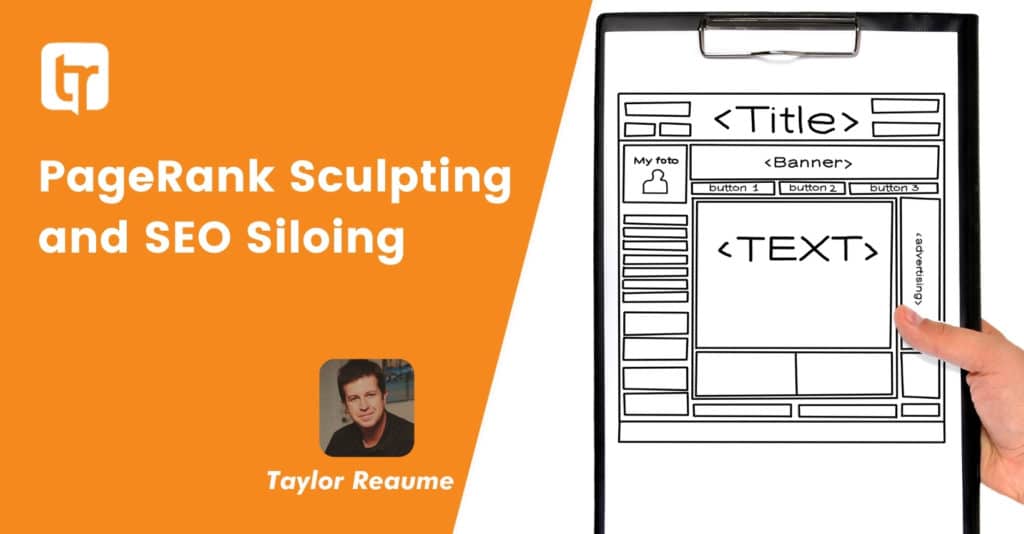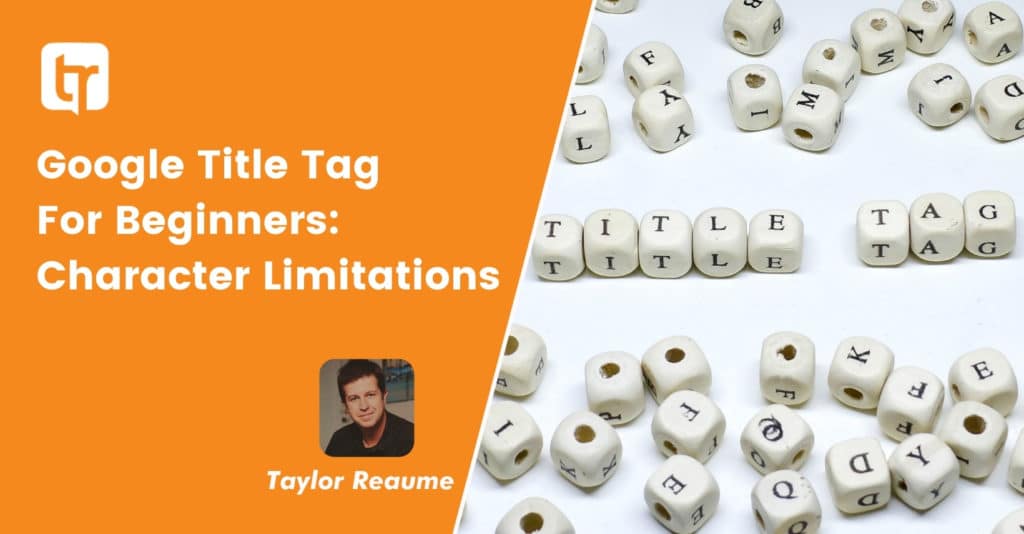SEO Articles: Creating Website Posts That Get Found


“SEO articles are extremely effective at generating more awareness for your business on the internet andcommonly used by search engine optimization specialists to generate top ranks on search engines.”
SEO writing is one of the fastest growing marketing mediums for small businesses today. SEO article writing is a strategic business writing style where the objective is to rank high in the search engines for a particular keyword or key phrase. Ideally, you will have several different keywords to use, and each keyword should normally be used at least once per paragraph – though the exact guidelines for SEO article writing vary from one company to the next depending on comfort levels with writing styles.
In the past 10 years I have written and published over 10,000 pages of SEO articles on the web for my clients, and my own web sites. I was fortunate to have the opportunity to work under some very bright SEO writers, and I picked up some gems of web publishing wisdom from them. Below are a few quick tips that might help you write your SEO articles in a way that will increase your ranks on Google and other major search engines. Enjoy.
1. SEO articles are “strategic content’.

Search engine optimized articles are considered to be “strategic content” for your web site (relevant + keyword rich). Strategic content is essentially a block of informational (typically non-self promotional) text that contains the keywords that are important to your business. Google loves web sites that contain helpful, objective keyword rich articles.
2. SEO articles strike a balance between Ernest Hemingway and Google.

Always err on the side of readership and style, when it comes to stuffing keywords inside. The goal of the SEO Article is to drive people to your web site from the search engines, and do so in a way that is graceful, not spammy. In most cases readers will spend less than a minute glossing the SEO article, and then click to the homepage (internet surfers are usually in a hurry). SEO articles are generally 500-1000 word blocks of factual, helpful ‘informational’ text (writer is confined to a set of keywords). The title of your web page, blog post, blog article, etc, is one of the most important areas to consider. Consider adding your target keyword first like this: Keyword – 7 Big Mistakes To Avoid. The reasoning behind this is because Google considers the keywords in the beginning of your title more important than those at the end of your title. Also consider using this little tool for keeping your titles and descriptions within an acceptable character range.
3. SEO articles are ‘educational marketing’ (pull marketing).

SEO articles educate and inform customers in a non self promotional way (informational). Part of the success of a business today depends on the business owners ability to add value to the customer base through their web site. Adding SEO articles is one of the best ways to do this because they increase credibility levels at your site, and generate top ranks in Google search results.
4. SEO articles are typically written specifically for the search engines.

SEO articles help search engines find your product or service. It seems that the majority of writers today, including press release writers, are including SEO keywords in their articles to increase visibility in the search engines. SEO articles are specifically written for search engines. The reason companies today are writing SEO articles is primarily because they make the phone ring with new prospects. SEO articles generate awareness of a product or service online and help prospects easily discover your product or service. New visitors at your web site results in more sales and more success. Google loves to rank web sites highly that have helpful directories of how-to articles.
5. SEO articles are a different animal than Magazine articles.

This is often times a point of confusion for business owners, poets and journalists. SEO articles tend to be more factual in nature, not taking serious points of view on the industry, but rather, just finding creatives ways to connect the target audience with the search engine audience by using embedded keywords that customers use when searching for your product or service. In contrast, with magazine articles, the writer has full freedom of expression, and generally has a goal of getting the reader excited. The type of writing that you see in magazines is more motivational and compelling. With most SEO articles, this will not be the case and shouldn’t be the case. SEO articles aim to be short, factual, helpful and keyword rich. A greater degree of flexibility is typically afforded for the literary aspects of SEO articles for this reason. SEO articles are not written for a magazine or for your homepage. They are written primarily for the search engines and to build in-roads to your web site (links), and ultimately to generate more traffic for your web site. That said, they are still helpful and informative for the reader.
6. SEO articles have Twitter streams or RSS streams.

Google loves to rank fresh content. Hence, it would make sense to keep your pages (blog posts) fresh. You might consider adding a Twitter Stream (such as the one you see at the bottom of this SEO article) to keep the page fresh. *Adding video/audio helps as well in terms of keeping the visitor on your website for a longer period of time (time on page is measured as well when ranking websites).
7. SEO articles using a list based writing format.

This is because most people on the web are scanning, not reading. Most people prefer to read list based content. Just take yourself as an example, do you prefer reading big blocks of text on the web? Probably not. List based writing is a way to get your message across on the web. SEO articles utilize proper keyword density. Do not overuse the keywords. If you saturate the article with too many SEO keywords, it is difficult to maintain the flow and a style of the article. Always opt for readership over stuffing a bunch of keywords in the article. Google may even penalize you for “keyword stuffing” if your keyword density is too high.
8. SEO articles bold and italicize the SEO Keywords.

Bolding and italicization on certain text inside your SEO articles might score additional points in the search engines for certain keywords. Scoring systems consider bolded and italicized keywords to be more important (more emphasis) on the page. The same holds true for heading tags, such as h1, h2, h3, etc.
9. SEO articles use ‘anchor text’.

Anchor text is king, and the king rarely shows up these days. This is one of the most overlooked areas of SEO article writing, and it’s simply a matter of internally linking 5-10 key phrases to relevant pages inside your site. Do not hyperlink the same target keyword back to itself. When linking keywords and keyphrases, try to make sure they have a handshake with the h1 tag and the title of the page you are linking to. Also, double check that all links are using target=”blank” so they will open in a new window, which of course increases the numbers of instances of your brand in front of your customer. One of the best places to add anchor text is inside your “About The Author” box at the end of your article. Here’s a handy author box tool that might help you with formatting.
10. SEO articles use proper alt text on images.

Search engines cannot read images. They rely on ‘alt text’ (an html code tag, i.e. an alt tag), to help identify the image. Hence, it makes sense to use those SEO keywords inside the alt tags. Images really help spruce up your SEO article, and I always use an image in the very last line of the SEO article, embedded with the target keyword for that keyword.
These are just a few points to consider when writing SEO articles. I hope you enjoyed these tips on SEO article writing. I love to use a military analogy in the workshops I teach here in Santa Barbara: “Every page / post of your web site is like a ‘special operations’ agent. Their mission (should they accept it) is to rank for a particular keyword. Marketing is a battlefield. Are you winning in the search engine wars?
The search engines are constantly evolving and keeping writers guessing on the best practices. Remember, practice makes perfect and the best way to approach SEO article writing is to focus on the user first, and robots second. Consider following the About.com & Wikipedia writers and study their writing styles as they post new










